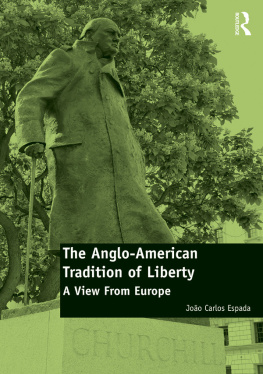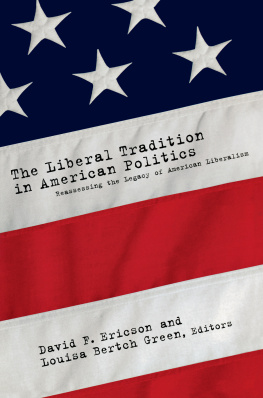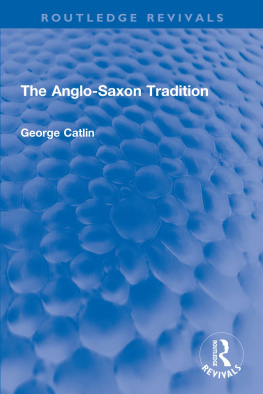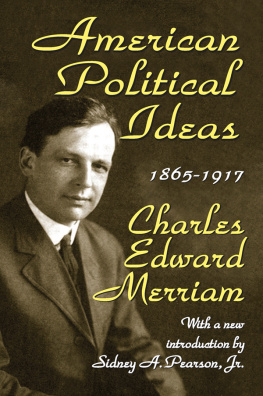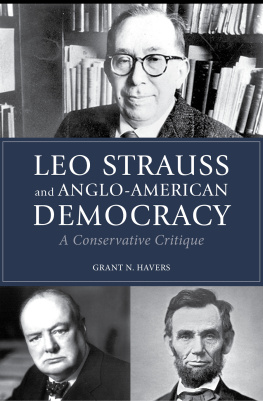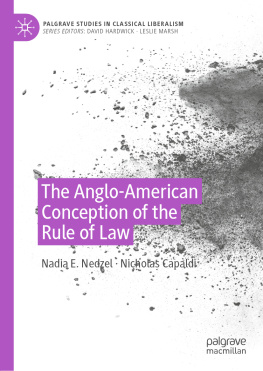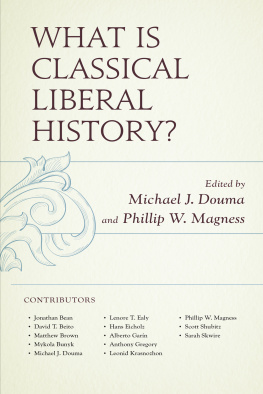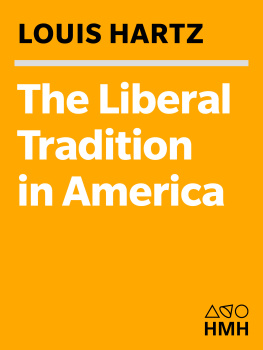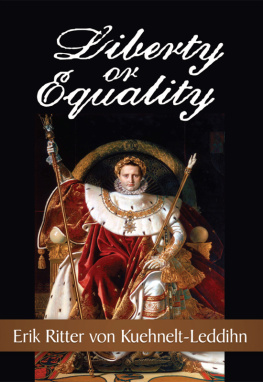
The Anglo-American Tradition of Liberty
Joo Carlos Espadas provocative survey of a group of key Anglo-American and European political thinkers argues that there is a distinctive, Anglo-American tradition of liberty that is one of the core pillars of the Free World. Giving a broad overview of the tradition through summaries of the careers and ideas of fourteen of its key thinkers, neglected despite having been tremendously influential in the tradition of liberty, the author engages with current set ideas about the meaning of liberal and conservative to offer an engaging, intellectual case for liberal democracy.
Joo Carlos Espada is the director and founder of the Institute of Political Studies at the Catholic University of Portugal, where he is Professor of Political Studies. He earned his DPhil from the University of Oxford, and has taught at Brown, Stanford and Georgetown Universities in the US, and the College of Europe in Warsaw, Poland. He was political advisor to President Mrio Soares (19861990) and President Cavaco Silva (20062011).
The Anglo-American Tradition of Liberty
A view from Europe
Joo Carlos Espada

First published 2016
by Routledge
2 Park Square, Milton Park, Abingdon, Oxon OX14 4RN
and by Routledge
711 Third Avenue, New York, NY 10017
Routledge is an imprint of the Taylor & Francis Group, an informa business
2016 Joo Carlos Espada
The right of Joo Carlos Espada to be identified as author of this work has been asserted by her in accordance with sections 77 and 78 of the Copyright, Designs and Patents Act 1988.
All rights reserved. No part of this book may be reprinted or reproduced or utilised in any form or by any electronic, mechanical, or other means, now known or hereafter invented, including photocopying and recording, or in any information storage or retrieval system, without permission in writing from the publishers.
Trademark notice: Product or corporate names may be trademarks or registered trademarks, and are used only for identification and explanation without intent to infringe.
British Library Cataloguing in Publication Data
A catalogue record for this book is available from the British Library
Library of Congress Cataloging in Publication Data
A catalog record for this book has been requested
ISBN: 978-1-4724-5572-7 (hbk)
ISBN: 978-1-3156-1243-0 (ebk)
Typeset in Times New Roman
by Swales & Willis Ltd, Exeter, Devon, UK
To the memory of (Sir) Karl Popper and (Lord) Ralf Dahrendorf, who gently led me into the discovery of the Anglo-American Tradition of Liberty
This book was not made according to a previously established plan. It has emerged gradually through interaction with many different persons and institutions through a lengthy period of time. Mainly, it has emerged from teaching: at Brown and Stanford Universities in the US (back in 19941996) and later at Georgetown (in 2000); at the College of Europe in Warsaw (since 2011); and especially at the Institute of Political Studies, which I co-founded with Mrio Pinto and Manuel Braga da Cruz in 1996, at the Catholic University of Portugal. Here I was fortunate to meet several students, most of whom are now my colleagues, who have shared my curiosity for the specificity of the political culture of the English-speaking peoples. Among them, I should like to mention Andr Azevedo Alves, Carlos Marques de Almeida, Jos Castello Branco, Rita Seabra Brito, Henrique Burnay, Hugo Chelo, Joo Pereira Coutinho, Mariana Cudell, Monica Dias, Martim Avillez Figueiredo Lvia Franco, Bruno Maes, Ivone Moreira, Miguel Morgado, Pedro Norton, Jos Conde Rodrigues, Orlando Sames Paulo Sande, Nuno Sampaio and Monica Vieira. Without them, this book would not have been possible.
I worked on the initial idea of the book during a visit to St Antonys College, Oxford, in the spring of 2005 (Trinity Term) at the invitation of the late (Lord) Ralf Dahrendorf, who had been the Warden of the College (19871997) and was my supervisor during my DPhil studies there (19901994). A first Portuguese version of the book was published in 2008 (A Tradio Anglo-Americana da Liberdade: Um Olhar Europeu, with a Preface by Manuel Braga da Cruz, who was then the Rector of the Catholic University of Portugal). Olga Morais prepared the first English translation. The present English version has been significantly revised and expanded. Part of this work was again done during a visit to St Antonys, in the winter of 2015 (Hilary Term), this time at the invitation of Margaret MacMillan, the present Warden, and of Timothy Garton Ash. In both visits I received a scholarship from the Calouste Gulbenkian Foundation.
I have profited from the discussion of the issues addressed in this book with many other friends and colleagues, namely at the annual International Meetings in Political Studies, started in 1993 in Arrbida, Portugal, and, since 2006, named Estoril Political Forum. Among them I should like to mention Marc F. Plattner, Jos Pena Amaral, Larry P. Arnn, Gabriel Calzada, Antnio Carrio, Alexander Chafuen, Paul Courtenay, Nuno Crato, Larry Diamond, Jos Manuel Fernandes, Paul Flather, Fernando Ado da Fonseca, the late (Sir) Martin Gilbert, William Galston, William Hasselberger (both father and son), Daniel Johnson, William Kristol, Paul Langford, the late Leonard Liggio and Seymour Martin Lipset, (Sir) Noel Malcolm, Bronislaw Misztal, Miguel Monjardino, Henrique Monteiro, Charles Moore, James W. Muller, James Murphy, Anthony OHear, Clifford Orwin, John OSullivan, Emilio Pacheco, Allen Packwood, Rui Ramos, Joo Cardoso Rosas, Susan Shell, Bridgett Wagner, Gordon S. Wood and Leonidas Zelmanovitz.
Gertrude Himmelfarb, her late husband Irving Kristol and (Lord) Raymond Plant have kindly helped me throughout my research journey and two chapters of the present book are devoted to their work.
I am extremely grateful to Rob Sorsby for having accepted this book for publication. An anonymous reviewer made helpful criticisms and suggestions. Brenda Sharp and Carolyn Court helped me finding my way through the process of publication. Sarah Price tremendously improved the manuscript through careful and friendly editing.
Ana Rita Rodrigues and Michelle Lobo, at the Directors office of the Institute of Political Studies in Lisbon, have allowed me to work on the book while still dealing with the daily affairs of the Institute. My wife Graa, our daughters Isabel and Diana, and our granddaughters Mariama, Yasmin and Sara, have supported me and my admiration for the Anglo-American tradition of liberty.
The poorest man may in his cottage bid defiance to all the force of the Crown. It may be frail; its roof may shake; the wind may blow through it; the storms may enter, the rain may enter but the King of England cannot enter; all his forces dare not cross the threshold of the ruined tenement!
William Pitt, Speech in the House of Commons, 1763
He [Lord Randolph Churchill] saw no reason why the old glories of Church and State, of King and country, should not be reconciled with modern democracy; or why the masses of working people should not become the chief defenders of those ancient institutions by which their liberties and progress had been achieved. It is this union of past and present, of tradition and progress, this golden chain, never yet broken, because no undue strain is placed upon it, that has constituted the peculiar merit and sovereign quality of English national life.
Winston S. Churchill,
Next page
